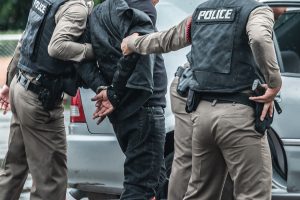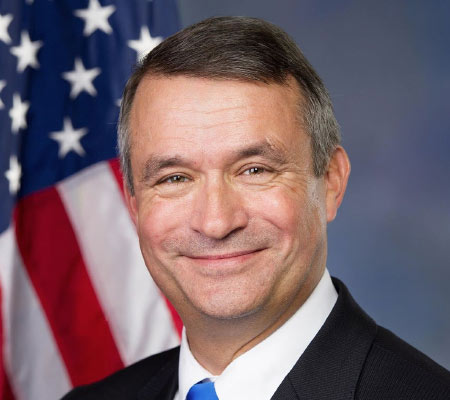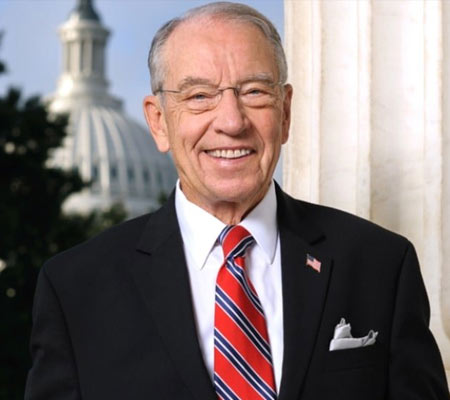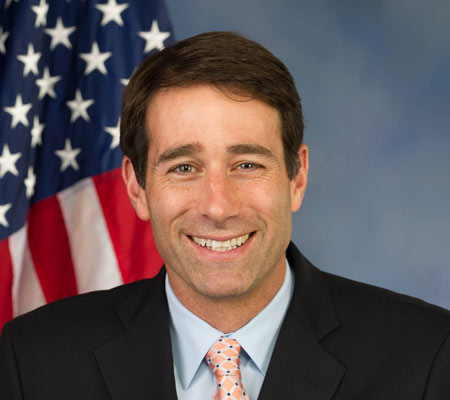
What is the Police Coalition of America all about?
The Police Coalition of America is focusing it’s efforts on supporting US Senators and Congressmen that endorse legislation that will enhance better police training and increased death and disability funds for those officers killed or injured on the job.
- ACTIVE SHOOTER RESPONSE – The active shooter trend will not abate in 2020 and beyond. While attacks from garden-variety crazies will certainly continue, it’s possible that we’ll see an increase in politically motivated attacks, as disaffected political groups continue their slide toward the violent radicalism that plagued America from the mid-1960s to mid-1970s. Law enforcement leaders will take a more active role in promoting training the responsible citizens in their communities in the lawful and ethical use of force in self-defense.
- DNA TECHNOLOGY – Genetic genealogy will continue to be successfully be used to identify active serial offenders in addition to solving cold cases in 2020. New forensic technology advances, such as DNA methylation analysis and phenotype prediction of novel physical traits, will assist with these identifications.
- MENTAL HEALTH RESPONSE – Local law enforcement agencies will be asked to assist federal law enforcement in the handling of potential targeted mass violence subjects who suffer from mental illness. These subjects often do not reach the threshold for prosecution and diversion to mental health linkages is a more appropriate response.Local agencies should reach out to their local mental health authority to determine what resources are available for these subjects. Federal agencies need to reach out to their local agencies to learn about their law enforcement/mental health collaborations and develop a system to refer subjects.
- OFFICER TRAINING – There will be continued training emphasis on responding to persons in crisis, the mentally ill and impaired.Technology will become increasingly important to the delivery of training from use-of-force simulation. Body worn and other cameras are provide improved feedback on the effectiveness of training and increased transparency for law enforcement. Trainers can be of value in educating the public, politicians and pundits of the realities of use of force and other aspects of police work.
- OFFICER WELLNESS – Legislation needs to make emotional
 wellness as important as tactical training. In order to be tactically strong, an officer needs to be emotionally intelligent as well. Begin implementing a wellness check program where officers are able to see a licensed mental health professional of their choosing in a completely confidential setting, three times a year. This will de-stigmatize the act of seeing a counselor, provide a therapeutic outlet and foster a relationship with a professional before a crisis hits.
wellness as important as tactical training. In order to be tactically strong, an officer needs to be emotionally intelligent as well. Begin implementing a wellness check program where officers are able to see a licensed mental health professional of their choosing in a completely confidential setting, three times a year. This will de-stigmatize the act of seeing a counselor, provide a therapeutic outlet and foster a relationship with a professional before a crisis hits. - OPIOD RESPONSE – Law enforcement cannot arrest their way out of the opioid epidemic. This has led to a shift in police culture toward proactive non-arrest programs that prevent overdose deaths, improve public safety and enhance trust between police and communities. Police now have tools in their toolkit that enable them to create pathways to treatment and recovery. As more departments join PAARI and see the benefits to their communities, the predictions in 2020 and beyond believe that these non-arrest responses to the opioid epidemic will become a widespread practice in many more police departments across the country.
- SOCIAL MEDIA – A 2018 Pew Research survey concluded that 91 percent of U.S. adults use a smartphone and 97 percent use the internet. As more people prefer to do their business online through smartphones, police departments must begin to understand the benefits of deploying a “mobile-first” strategy as it relates to their ongoing use of social media platforms to communicate and should begin to shift their social media and outreach efforts to provide a better customer service mobile experience for their residents.














